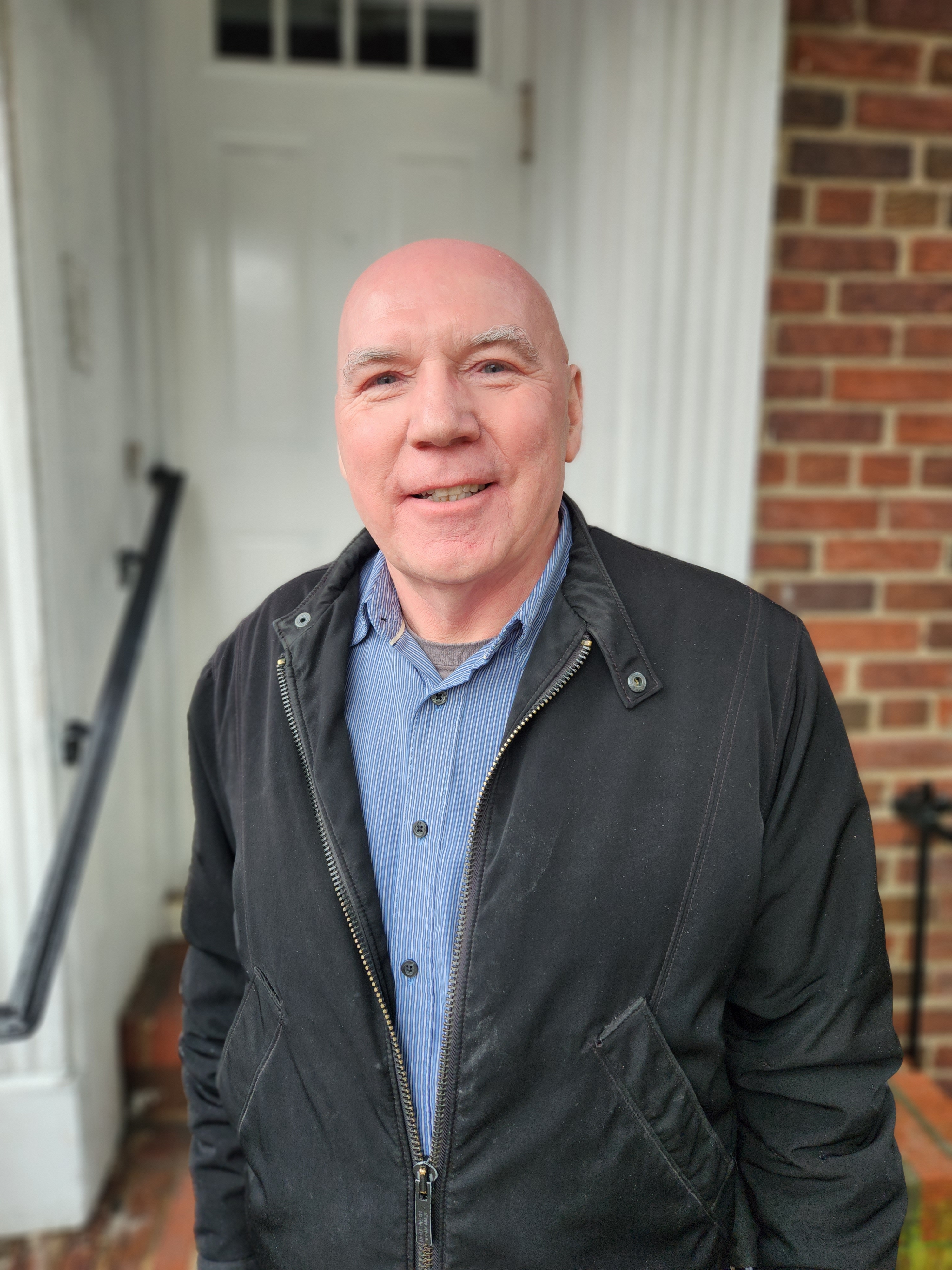When I entered the seminary, I was approached by secret police

Stáhnout obrázek
Antonín Kocurek was born on 7 December 1957 into a Catholic family. The Christian faith in which he grew up shaped him from childhood. He was significantly influenced by the personalities of local priests who, despite the bans at that time, encouraged young people to attend Christian meetings and spread Christian literature. On several occasions he met Josef Zvěřina, a theologian of the hidden church, who was sent to prison by the communists for 22 years in the 1950s. After graduating from secondary school and completing basic military service, Antonín Kocurek began to think about studying theology. He applied in 1985. At that time, State Security contacted him and offered him cooperation, which he refused. In July he went with friends to the Cyril and Methodius pilgrimage at Velehrad, which grew into the first anti-regime Christian demonstration. He began to study at the Roman Catholic Cyril and Methodius Theological Faculty in Litoměřice, which was officially subject to state supervision. In the autumn of 1989, he flew to Rome with fellow theologians to attend the canonization of Agnes of Bohemia and from there watched the fall of the Berlin Wall. He considers his arrival back in Czechoslovakia and the subsequent revolutionary events being the happiest period of his life. In 1990 he was ordained a deacon, met Pope John Paul II at Velehrad and took up his first post as a priest in the borderlands. After three years he moved from Bruntál to Kobeřice in the Hlučín region. With the help of the faithful, he built a new church in the nearby village of Chuchelná. In 1999 he flew for the first time to New York, where he became a priest of the Czech community. In 2024 he was living in the rectory of Our Lady Queen of Martyrs Church in Forest Hills, New York.






















